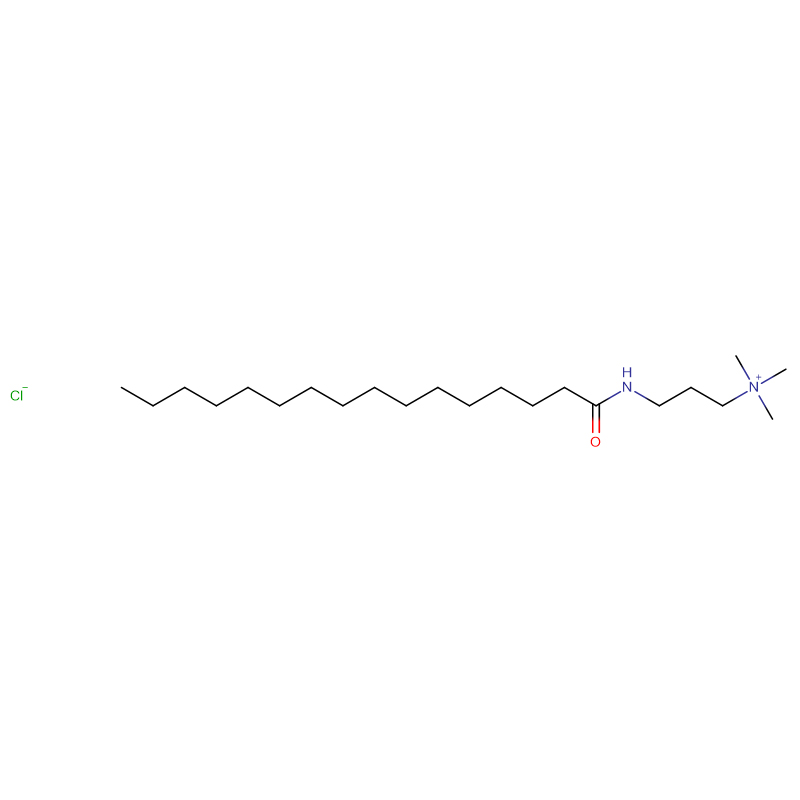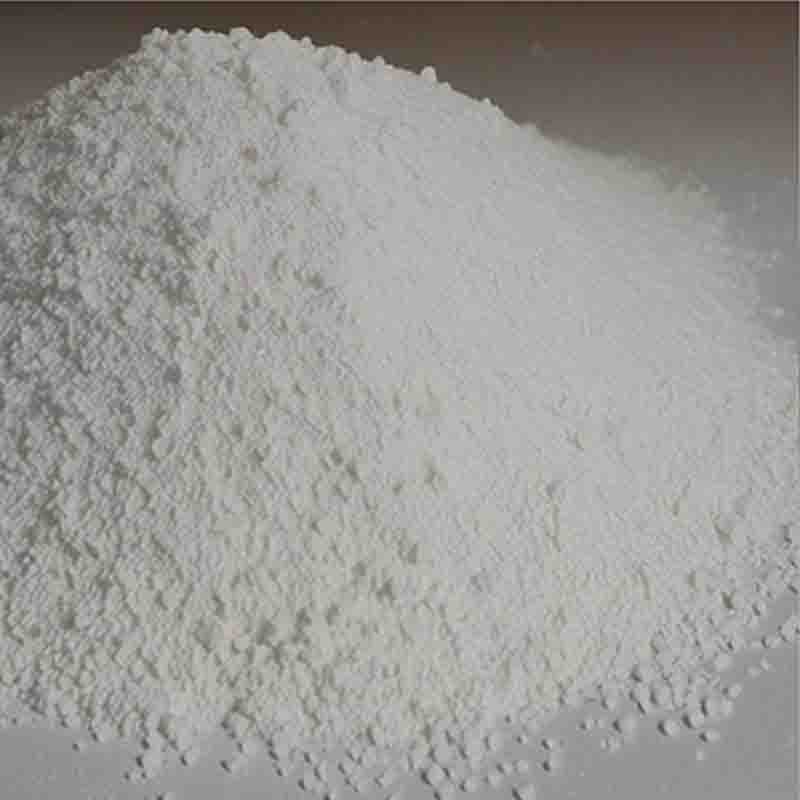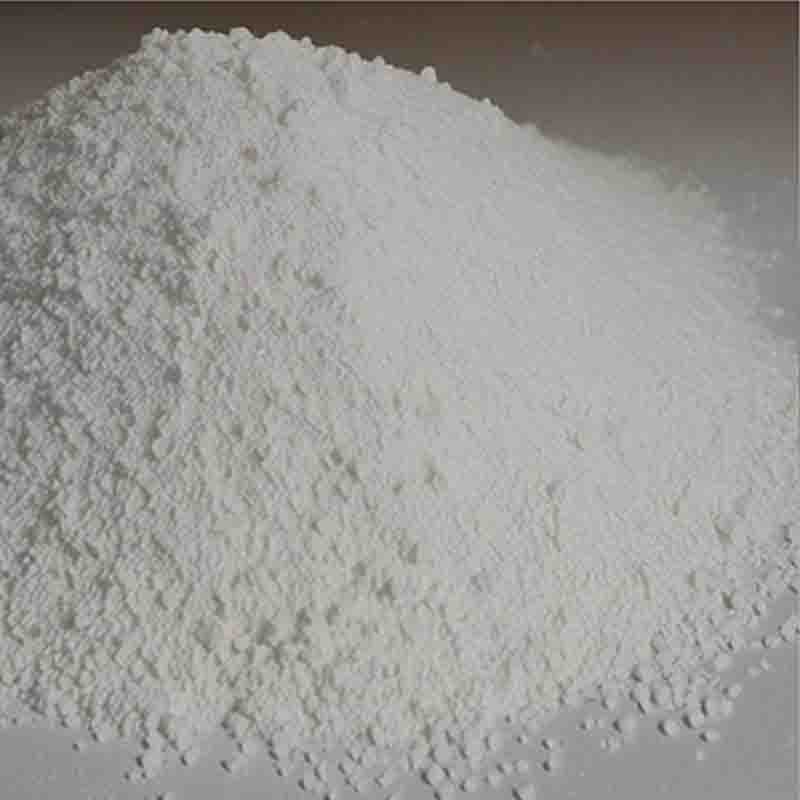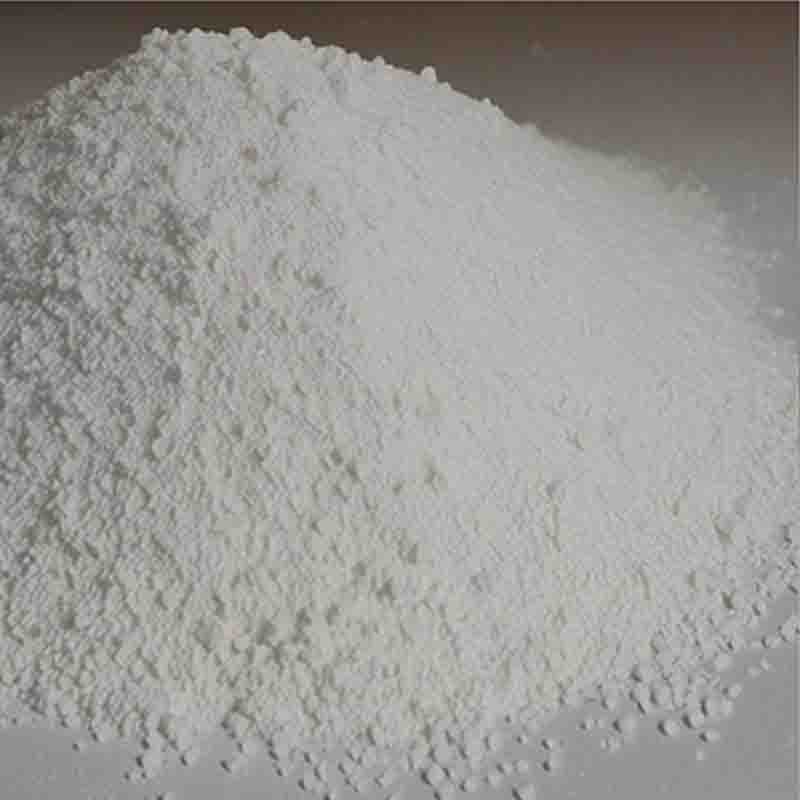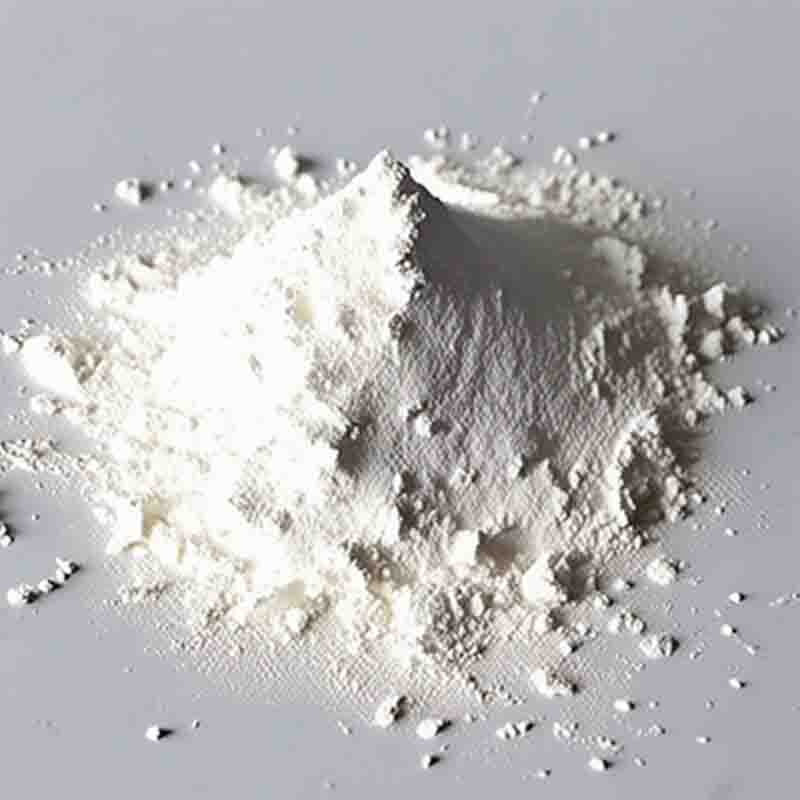tetrahydro-1,3,4,6-tetrakis(methoxymethyl)imidazo[4,5-d]imidazole-2,5(1H,3H)-dione CAS:17464-88-9
| Catalog Number | XD95401 |
| Product Name | tetrahydro-1,3,4,6-tetrakis(methoxymethyl)imidazo[4,5-d]imidazole-2,5(1H,3H)-dione |
| CAS | 17464-88-9 |
| Molecular Formula | C12H22N4O6 |
| Molecular Weight | 318.33 |
| Storage Details | Ambient |
Product Specification
| Appearance | White powder |
| Assay | 99% min |
Tetrahydro-1,3,4,6-tetrakis(methoxymethyl)imidazo[4,5-d]imidazole-2,5(1H,3H)-dione is a complex organic compound with unique properties that have garnered attention in scientific research. While its name may seem daunting, this compound, also known as TMII, offers several notable effects.One of the main effects of TMII is its potential as a pharmaceutical compound. Research has shown that TMII possesses anti-inflammatory properties, making it a potential candidate for the treatment of various inflammatory diseases. Additionally, TMII exhibits promising antioxidant activity, which is important for protecting cells against oxidative stress and preventing cellular damage. These qualities have opened up avenues for further exploration of TMII in the development of novel drugs and therapeutic interventions.Furthermore, TMII has demonstrated significant antimicrobial effects. Studies have shown that TMII derivatives have antimicrobial activity against various bacteria and fungi. This antimicrobial effect is of great interest in the field of medicine, as it may lead to the development of new antimicrobial agents for the treatment of infectious diseases. Additionally, TMII's antimicrobial properties have the potential to be used in products such as sanitizers, disinfectants, and preservatives, where prevention of microbial growth is essential.Moreover, TMII has been investigated for its potential as a corrosion inhibitor. Corrosion is a pervasive problem in many industries, causing damage to materials and equipment. TMII has shown promising results in inhibiting the corrosion of metals by forming a protective layer on the metal surface, thus slowing down the corrosion process. This has implications for industries such as construction, transportation, and oil and gas, where corrosion prevention is crucial for maintaining the integrity and longevity of materials.Additionally, TMII has been studied for its potential in catalysis. Catalysts play a vital role in facilitating chemical reactions, and TMII's unique structure makes it suitable for catalytic applications. Research has shown that TMII derivatives can catalyze various reactions, including organic transformations and polymerization reactions. This opens up possibilities for the development of new catalytic systems with enhanced efficiency and selectivity.In conclusion, tetrahydro-1,3,4,6-tetrakis(methoxymethyl)imidazo[4,5-d]imidazole-2,5(1H,3H)-dione, or TMII, offers several valuable effects across scientific fields. Its anti-inflammatory, antimicrobial, corrosion inhibiting, and catalytic properties make it a compound of interest for pharmaceutical, chemical, and industrial applications. Continued research into TMII's effects and potential applications may pave the way for advancements in various fields and contribute to the development of novel therapeutic agents and materials.


![tetrahydro-1,3,4,6-tetrakis(methoxymethyl)imidazo[4,5-d]imidazole-2,5(1H,3H)-dione CAS:17464-88-9 Featured Image](https://cdn.globalso.com/xdbiochems/白色粉末21422.jpg)
![tetrahydro-1,3,4,6-tetrakis(methoxymethyl)imidazo[4,5-d]imidazole-2,5(1H,3H)-dione CAS:17464-88-9](https://cdn.globalso.com/xdbiochems/粉末775.jpg)

